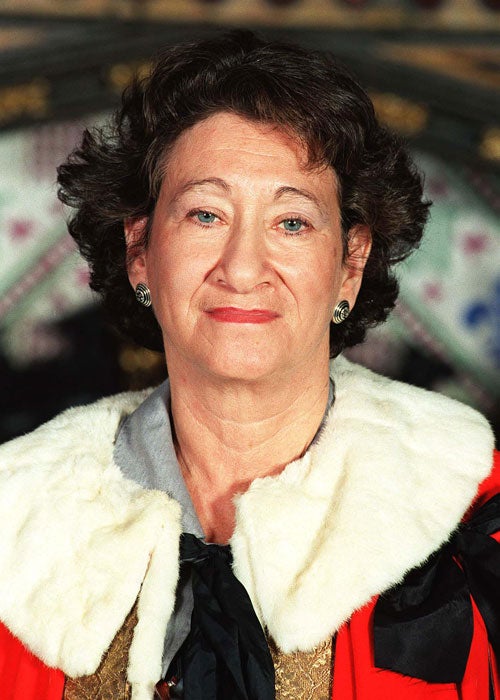Peer calls for radical steps to reduce rapes
Introduce free late-night transport for women and teach boys about consent, says Baroness

Rapists will continue to walk free from British courts in the future, the peer leading a government review of sex crime admitted this weekend.
Lady Stern said last week that while some progress has been made on the issue, radical measures are needed, in prevention, policing and prosecution. Free late-night transport for women would go a long way to reducing attacks; as would education for boys, teaching them the importance of sexual consent.
As the Government prepares this week to launch its strategy for the next 10 years to tackle violence against women and girls, Baroness Stern, a cross-bench peer, said some cases would always be beyond the power of the courts. The problem is "you have to prove beyond reasonable doubt something which happens in private between two people. A ceiling may exist beyond which a system cannot adjudicate," she said.
The review was announced earlier this year amid concern about how the police, local authorities, health providers and the Crown Prosecution Service respond, individually and together, to rape complaints. Britain currently has the lowest rape conviction rate in Europe. Some women's groups estimate that only 15 per cent of rapes are reported to the police; 80 per cent of those that are reported do not make it to court. Just 6.5 per cent of reported rapes end in a conviction.
While Lady Stern, who is a senior research fellow at the International Centre for Prison Studies at King's College London, acknowledged some cases could not be prosecuted successfully, she said changes in police and prosecution practice could improve conviction rates.
Her review is intended to encourage more women to report attacks, as well as to improve the performance of public bodies dealing with rape. It will also consider the role of victim support organisations, such as sexual assault referral centres and rape crisis centres. The number of rape crisis centres fell from 68 in 1984 to 38 in 2009 due to lack of funding.
Many of the 44 police forces in England and Wales have been criticised for their handling of rape cases in the past.
The peer has spent the past few weeks visiting police forces in cities such as Newport, Manchester and Blackpool, focusing on examples of good practice, rather than investigating forces with bad track records.
Join our commenting forum
Join thought-provoking conversations, follow other Independent readers and see their replies
Comments